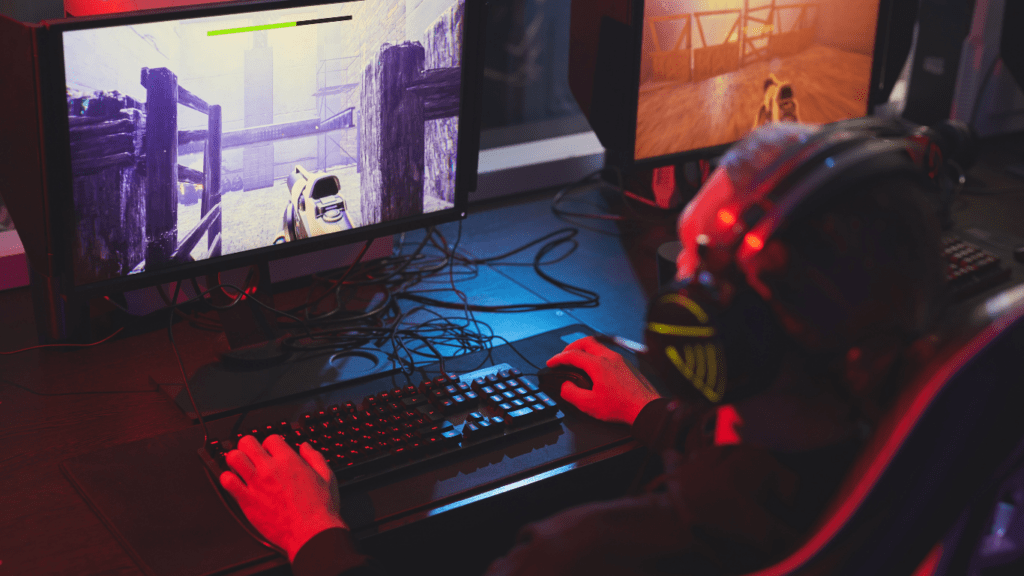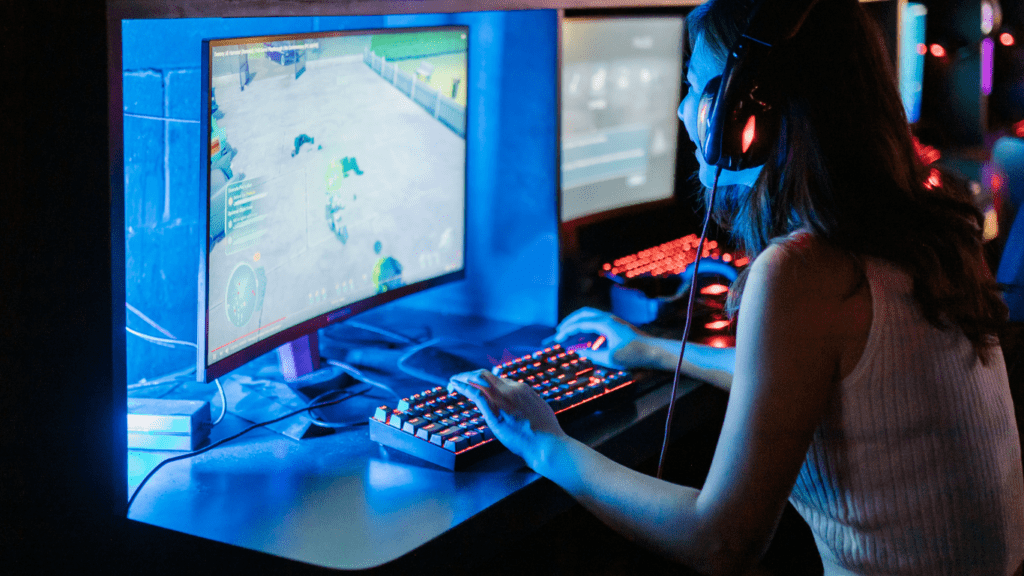In the fast-evolving landscape of the gaming industry, a groundbreaking innovation has taken center stage – Non-Fungible Tokens (NFTs). As a seasoned gamer and tech enthusiast, I’ve witnessed firsthand how NFTs are reshaping the concept of ownership within virtual worlds.
These digital assets, backed by blockchain technology, are empowering players to truly own in-game items, characters, and experiences like never before. With NFTs, I’ve seen a paradigm shift in how gamers interact with virtual economies, enabling them to buy, sell, and trade unique assets with real-world value.
As I delve deeper into the impact of NFTs on ownership dynamics in gaming, it’s clear that this trend is not just a fad but a game-changer with long-lasting implications for the industry. Join me on this exploration of how NFTs are revolutionizing ownership in the gaming realm.
Understanding NFTs in the Gaming Industry
Exploring Non-Fungible Tokens (NFTs) in the gaming sector reveals a groundbreaking shift towards true ownership of digital assets. With NFTs, gamers have the opportunity to possess unique in-game items, characters, and experiences securely stored on the blockchain.
This technological advancement solidifies ownership rights, granting players control over their virtual belongings like never before. NFTs in gaming have revolutionized the concept of possession within virtual worlds, allowing for the creation of rare and exclusive assets that players can buy, sell, and trade.
These digital collectibles hold tangible real-world value, offering a new dimension to the gaming experience. Embracing NFTs has transformed how gamers interact with virtual economies, fostering a dynamic marketplace for unique in-game content.
The integration of NFTs in the gaming industry represents a seismic shift in ownership dynamics, fostering innovation, creativity, and economic opportunities for players and developers alike. This evolution signifies a fundamental change in the traditional gaming landscape, paving the way for a future where digital ownership is redefined through decentralized technologies.
Benefits of NFTs for Gamers
NFTs offer significant advantages to gamers, transforming how ownership operates within the gaming sphere. Here’s a closer look at the key benefits:
Increased Ownership Rights
With NFTs, gamers have unparalleled ownership rights over their in-game assets. Unlike traditional digital items that are owned and controlled by game developers, NFTs provide players with true ownership of unique virtual items, characters, and experiences.
This ownership is secured through blockchain technology, ensuring authenticity and traceability of each asset. As a result, gamers have the freedom to buy, sell, and trade their NFTs without restrictions, creating a more player-centric gaming ecosystem.
Interoperability Between Games
Another advantage of NFTs for gamers is the interoperability between different games and virtual worlds. By tokenizing in-game assets as NFTs, players can use these digital assets across multiple gaming platforms that support the same blockchain standards.
This cross-compatibility enables seamless transfer of assets between games, allowing gamers to carry their prized possessions and achievements wherever they go in the virtual gaming universe. Moreover, interoperability encourages collaboration between game developers, fostering innovation and expanding the gaming experience for players beyond individual game boundaries.
Challenges and Risks of NFT Adoption in Gaming
Navigating the landscape of Non-Fungible Tokens (NFTs) in the gaming industry presents several challenges and risks that both players and developers need to consider carefully. As an enthusiast in this digital space, I’ll address some of the key obstacles associated with the adoption of NFTs in gaming:
- Scalability Concerns: NFT adoption in gaming faces scalability challenges as current blockchain infrastructure may struggle to handle increasing in-game asset transactions. This could lead to network congestion and higher transaction costs, negatively impacting user experience.
- Security Vulnerabilities: Despite blockchain’s immutability, security risks such as smart contract vulnerabilities, hacking, and unauthorized access threaten player ownership rights and the integrity of in-game transactions.
- Regulatory Uncertainty: The evolving regulatory landscape around NFTs in gaming poses legal risks related to asset ownership, taxation, and compliance. Understanding these legal implications is crucial for players and developers.
- Environmental Impact: The energy consumption of blockchain networks used for NFTs raises concerns about environmental sustainability, particularly with proof-of-work mechanisms that generate high carbon emissions.
- Market Volatility: The fluctuating value of cryptocurrencies used for NFT purchases introduces financial risks for players and developers, affecting the perceived value of in-game assets and requiring strategic risk management.
Understanding and addressing these challenges and risks associated with NFT adoption in gaming is essential for fostering a sustainable and secure environment for players, developers, and stakeholders in the gaming industry. By proactively mitigating these obstacles, the potential of NFTs to revolutionize ownership in gaming can be realized effectively.
Impact of NFTs on In-game Economies
Exploring the impact of Non-Fungible Tokens (NFTs) on in-game economies reveals a transformative shift in how virtual assets are perceived and valued. NFTs, powered by blockchain technology, have redefined ownership dynamics within gaming ecosystems, offering players a level of control and authenticity unprecedented in traditional digital landscapes.
By enabling verifiable ownership of in-game items, characters, and experiences, NFTs have ushered in a new era of economic opportunities and player engagement.
- Enhancing Ownership Rights with NFTs: NFTs empower gamers with true ownership of their virtual assets through blockchain verification, ensuring authenticity and uniqueness. This shift boosts player autonomy and fosters trust in virtual economies.
- Creating a Dynamic Marketplace for Unique Content: The integration of NFTs fosters the creation of rare digital collectibles, enriching the gaming experience and stimulating a vibrant marketplace. By enabling the trading of unique in-game items, NFTs introduce scarcity and value, driving economic activity and creativity.
- Promoting Interoperability and Cross-Platform Utility: NFTs facilitate seamless interoperability across different games, allowing players to use their digital assets on various platforms. This compatibility enhances player experience and encourages collaboration within the gaming industry, creating a more interconnected virtual universe
Acknowledging the transformative potential of NFTs in shaping in-game economies is crucial for unlocking new avenues of innovation and growth within the gaming sector. As players and developers navigate the opportunities and challenges presented by this decentralized ownership model, the profound impact of NFTs continues to redefine the landscape of digital ownership, setting the stage for a future where virtual assets are imbued with unprecedented value and authenticity.





